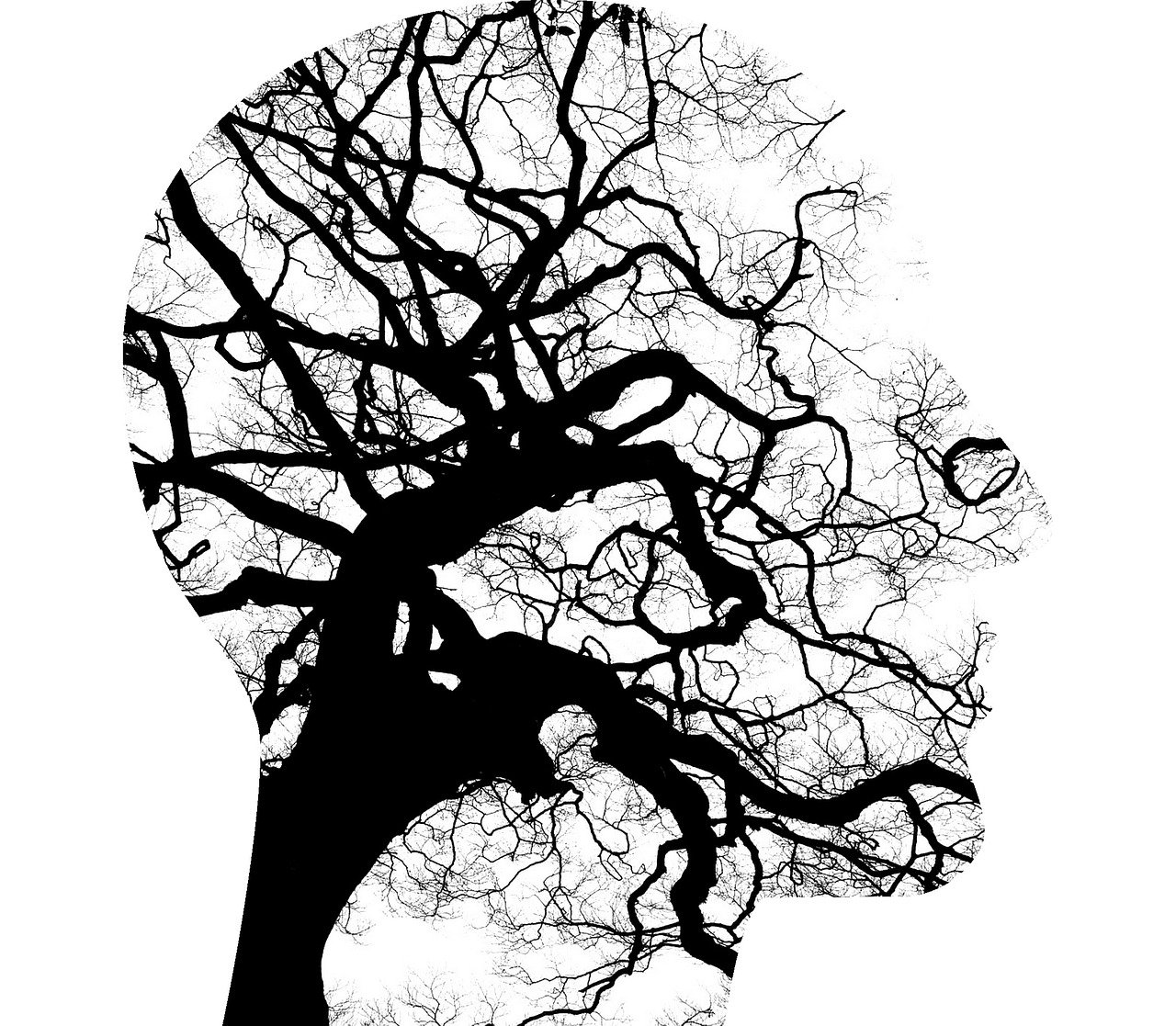Mental Health
Insanity Defense: Unintentional Crimes Due To Mental Disorders

(Photo : Insanity Defense: Unintentional Crimes Due To Mental Disorders)
Our legal system is designed to punish the guilty and serve fair justice to the victims. However, there are some exceptional situations when the system does not work on these lines. One of these is the insanity defense, which lets a defendant plead not guilty by reason of insanity. Simply speaking, these offenders admit that they have committed a criminal act but seek an excuse because of mental illness. The reason is simple- no one deserves to be punished for an unintentional crime committed due to a mental disorder. These cases require serious thought as people who are mentally ill may cross the boundaries of the law because of distorted mental processes.
The law steps ahead in favor of such people, as defendants regarded to have been insane when they committed a crime are considered neither legally nor morally guilty. But this form of defense is not as simple as it sounds because you cannot expect offenders to walk away free by using it to their advantage. If it was to work that way, people would have misused it unscrupulously. Though it is meant to ensure fairness so that morally blameless people are not convicted, yet it also guarantees that there is no manipulation of the law. Here are some facts that you need to know about the insanity defense if you plan to plead it on the behalf of a loved one.
Insanity is a legal term
When it comes to an insanity defense, one cannot expect to get a person off the hook for a crime by simply proving that they suffer from a mental disorder. Mental insanity, in this context, is a legal term. Medically speaking, a person may be mentally ill but still may not be insane legally. Essentially, the defendant's lawyer will have to prove that the client did not comprehend the potential results of the criminal act; rather, they had no idea that their action was even wrong in the first place. Perhaps, it was just an impulsive action as their client did not have the ability to think ahead about the result of their action.
Applicability of a legal insanity defense
Though this form of defense may vary by jurisdiction in such cases, there are certain tests that are used for determining whether an accused can plead legal insanity. Only a professional criminal defense attorney in Anchorage AK or your location can help you decide the rule that would apply in the case of your relative or friend. Here are the tests that decide whether the case is eligible for pleading with this form of defense.
- The irresistible impulse test: Under this test, a person is considered insane if he or she acted under an uncontrollable and irresistible impulse and was unable to differentiate between right and wrong behavior.
- The model penal code test: This test provides that a defendant is not responsible for criminal conduct if he or she is unable to understand their action was criminal but suffers from a mental defect not diagnosed by a medical professional at the time of the conduct of the action.
- The M'Naghten Rule: An offender is considered insane under this test if they suffer from mental illness that prevents them from understanding their criminal action or comprehending the difference between right and wrong.
- The Durham Rule: Under this law, the criminal behavior of a defendant can be excused if a mental defect was responsible for them committing the criminal act, whether or not there was a clinical diagnosis.
There are certain steps of insanity tests
Insanity defense considers the mental state of the defendant when the crime was committed, rather than the time of the trial. At the same time, there are certain rules and steps related to insanity tests that the defendant needs to stick to. The burden of proving insanity lies with the defense, which is the reason why they should onboard the best attorney to handle the case. Prior to the trial, the defense lawyer has to request a mental health evaluation as a part of the procedure. Further, they also need to give notice stating the intention to seek a "not guilty by reason of insanity" verdict at least 21 days before the trial begins. As a part of the process, an evaluator is appointed for conducting the defendant's interview to establish if he or she was, in fact, insane at the time of the crime.
Considering the complexities of the insanity defense, one should hire only an expert professional to handle the case if the crime committed by a loved one was unintentional and due to a serious mental illness. They can actually prevent the situation from turning worse and leverage this option considering the unstable mental status of the offender.
* This is a contributed article and this content does not necessarily represent the views of counselheal.com









Join the Conversation